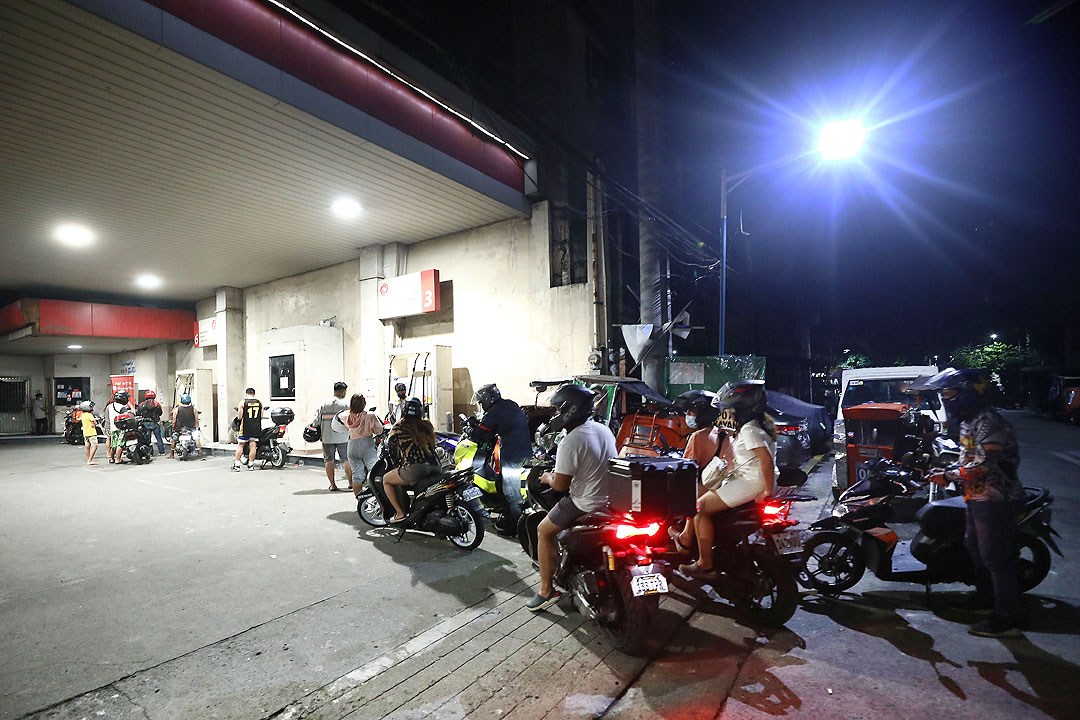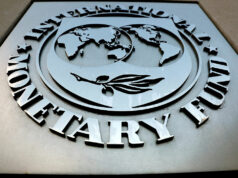Inflation may breach BSP target by 2nd half

INFLATION could breach the central bank’s 2-4% target in the second half due to the surge in global oil prices, Bangko Sentral ng Pilipinas (BSP) Governor Benjamin E. Diokno said on Tuesday.
“Inflation is seen to settle above the target range in the second half of 2022 due to elevated global oil and nonoil prices as well as positive base effect,” he said at an online briefing.
“Subsequently, inflation is projected to decelerate back to within the target in the first quarter of 2023, before steadily decelerating in the remaining quarters of 2023 as oil and nonoil prices are expected to taper off,” he added.
Headline inflation quickened to 4% in March from 3% in February, matching the upper end of the BSP’s 2-4% target. This was driven by the impact of the Russia-Ukraine war on oil prices.
At its March 24 meeting, the BSP raised its inflation forecast for 2022 and 2023 to 4.3% and 3.6%, respectively, taking into account higher oil and commodity prices.
Inflation breached the 2-4% target in 2021, when it accelerated to 4.5% from 2.6% in 2020 due to low pork supply.
The BSP’s decision to keep rates at record lows was done considering “recovery is still at its nascent stage” and the economy is still below its full capacity, central bank officials said.
“In our assessment, we would be reaching 2019 gross domestic product (GDP) levels by the second half of this year,” BSP Department of Economic Research Managing Director Zeno Ronald R. Abenoja said.
“It’s not strong enough to really push inflation. It’s really the supply side factors that are really influencing the inflation that we are seeing right now and over the near term,” he added.
However, there are growing calls to hike transport fares and minimum daily wages.
“Given the potential broadening of price pressures over the near term, the BSP stands ready to deploy timely and appropriate monetary policy measures, in line with its price and financial stability mandate,” Mr. Diokno said.
The central bank’s next policy meeting is on May 19.
In a separate note, ANZ Research Chief Economist for Southeast Asia and India Sanjay Mathur and economist Debalika Sarkar said they now expect the central bank to raise interest rates by 125 basis points (bps) this year from 25 bps previously.
It said the BSP would likely start hiking by 25 bps in June, which will be followed by similar moves at their Aug. 18, Sept. 22, Nov. 17, and Dec. 15 meetings.
“We think these [inflation] risks are not trivial, given the limited fiscal intervention to control oil prices as well as a probable increase in firms’ pricing power,” the analysts said.
They said broader policy actions might be warranted to address the surge in oil prices, such as the suspension of taxes on fuel products.
The government has rejected calls to halt the collection of excise taxes on fuel products, and instead provided fuel subsidies to the transport and agriculture sector.
“However, concerns over potential revenue loss and consequent deterioration of fiscal health have taken precedence, particularly when the government is walking a tightrope on fiscal targets,” ANZ analysts said. — Luz Wendy T. Noble



